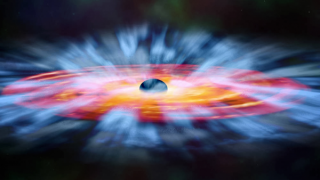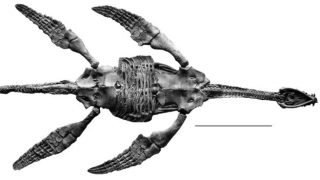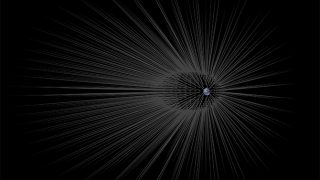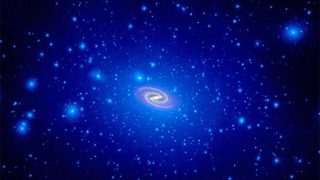
MI weekly selection #161
Humanities & Social Sciences • Science • Technology • Weekly Selection
How information might be retrieved from a black hole There may be a way to retrieve a bit of information from inside a black hole. A team of physicists from the California Institute of Technology theorizes that the information can be gleaned by using Hawking radiation exiting the black hole and quantum teleportation. Science Crows […]








